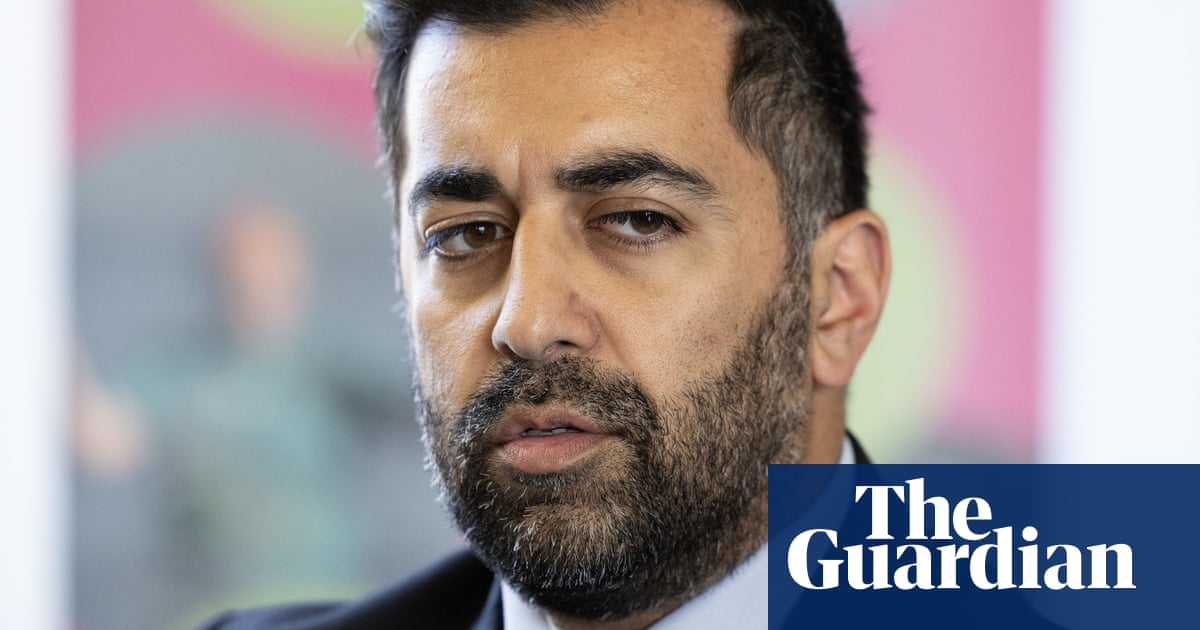
The daughter of former Royal Navy officer who was shot dead by a soldier on the streets of Belfast 49 years ago has said the government’s planned amnesty for legacy killings was a “kick in the teeth” for thousands of victims seeking justice in Northern Ireland.
Patricia Burns is seeking a judicial review in Belfast’s high court in an attempt to pre-empt legislation the Northern Ireland secretary, Brandon Lewis, is expected to table shortly.
It would end all prosecutions for Troubles-related killings up to April 1998, a move that is opposed by all political parties in Northern Ireland but supported by high-profile MPs in the Conservative party.
“He says this way is the best way, but what does he know?” said Burns, who was six years old when her father was shot. She told the Guardian the family’s attempts to get truth and justice had been frustrated at every turn.
Almost 50 years later she is still fighting to get the facts around the case. A request for a new inquest was rejected and the original inquest papers were heavily redacted in what she describes as a “cover-up”.
On the planned new laws she said she had to fight to “be the voice of my father” as he was not here to fight for justice.
“It’s just another kick in the teeth. My whole life everything we have pushed for the door has been shut. There’s never been anything easy. I mean we haven’t done anything wrong and we are the ones that have to keep pushing, pushing, pushing to clear daddy’s name,” she said.
Burns already has two other legal proceedings ongoing including civil action against the Ministry of Defence and the former police force in Northern Ireland, the Royal Ulster Constabulary.
She and Daniel McCready, another relative of a Troubles victim, have just lodged papers seeking a judicial review of the command paper published by Lewis in July outlining his proposals for the new legislation.
It is an unusual legal move, said her solicitor, Patricia Coyle, as there is no legislation yet to review.
They are asking the judge to hand down an “advisory judgment” on the “constitutionality and lawfulness of the proposals in domestic and international law”, she said.
They will also seek an advisory declaration that any legislation that seeks to terminate civil claims, inquest applications or any other court proceedings would be a “fundamental unconstitutional interference in the role and function of the judiciary” as well as a breach of European convention of human rights.
Thomas Burns, who served in the forces in Singapore and Scotland over 10 years, was shot in 1972 by a soldier as he left the Glenpark Social Club in north Belfast and died the following day.
Burn’s solicitors said the attorney general accepted in 2019 that her father was an innocent victim and that the verdict of misadventure was wrong in both fact and law, but denied the family a fresh inquest on the basis that there was no usefulness to an inquest 47 years after their father was killed.












